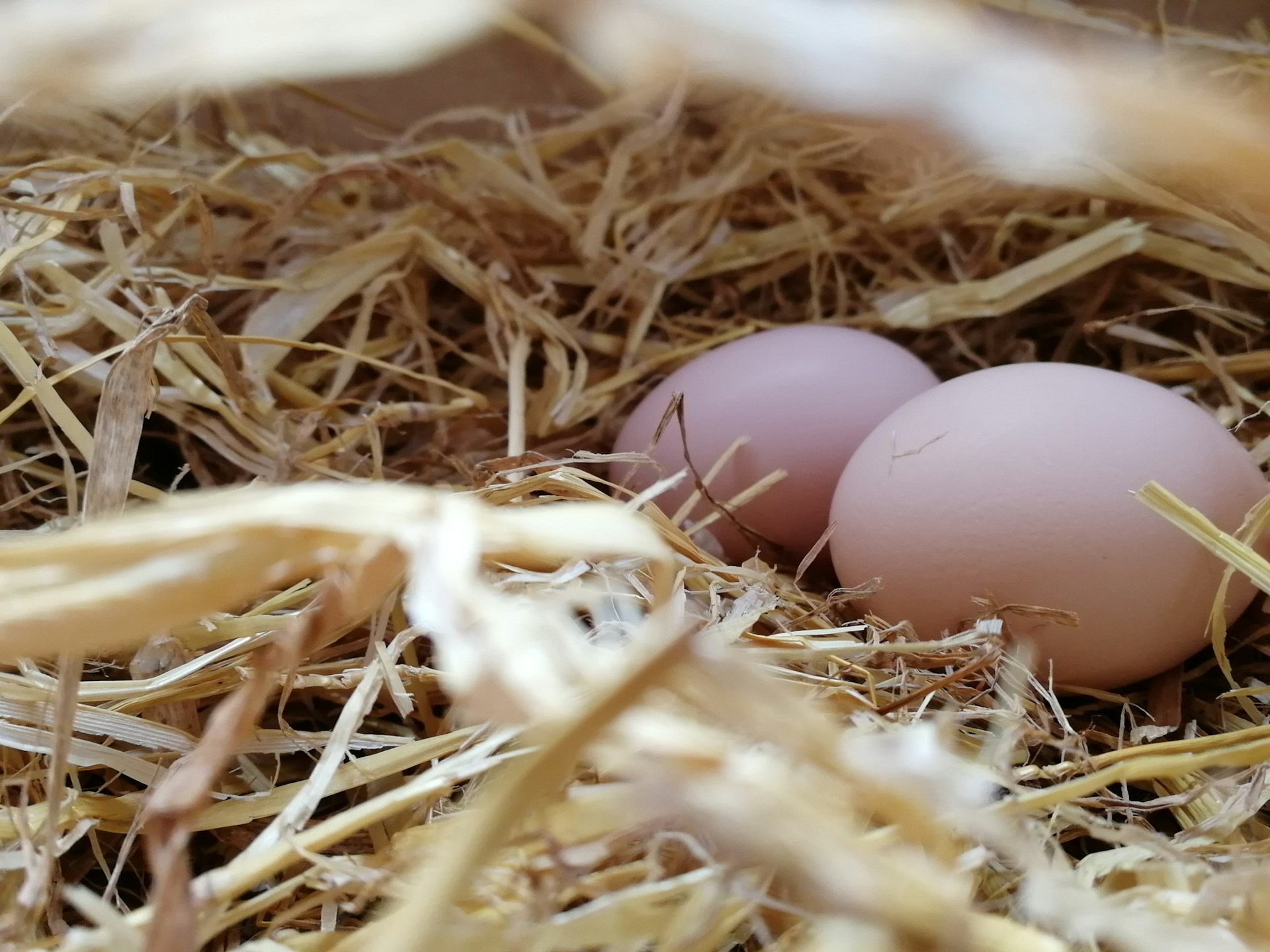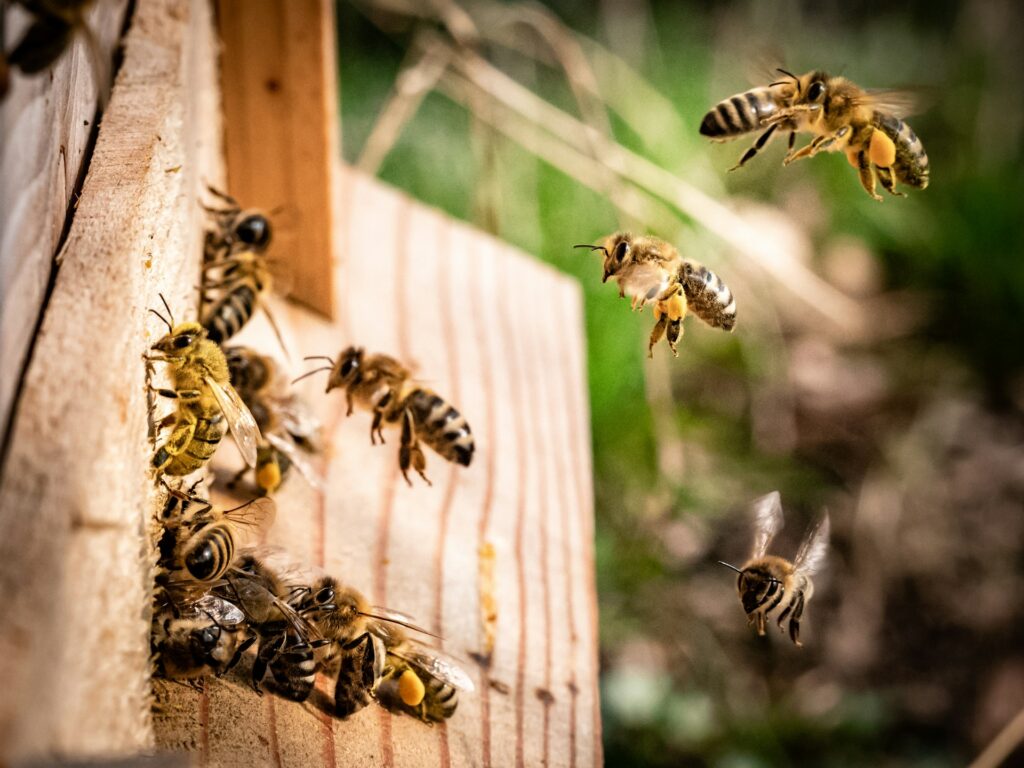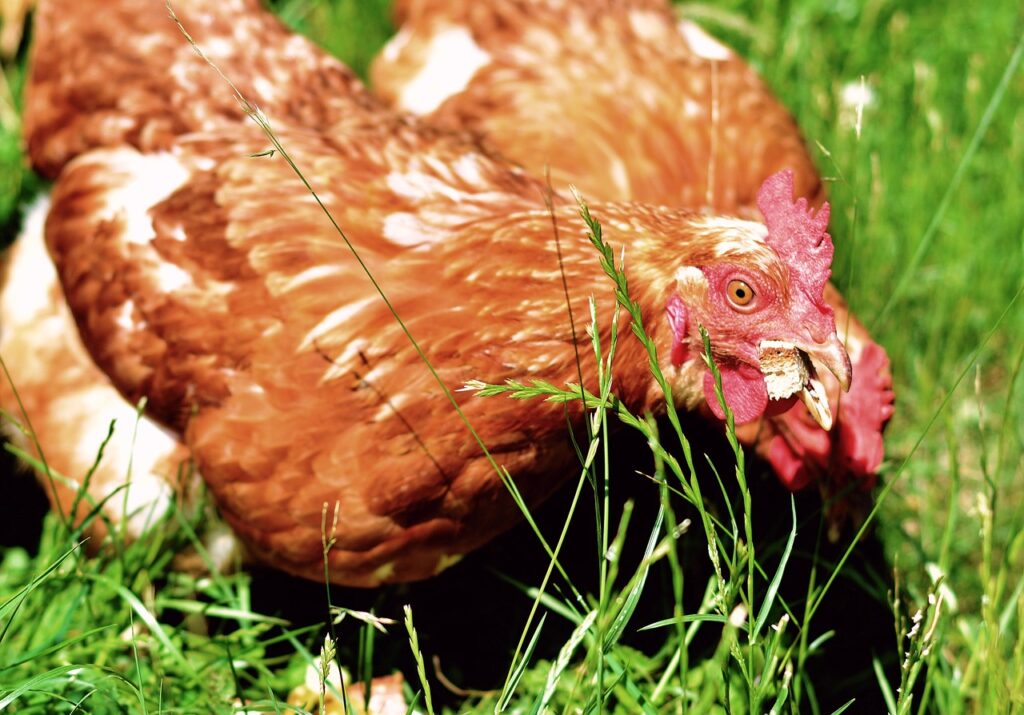
Eggs are a staple in many diets around the world, valued for their versatility, nutritional content, and delicious taste. But when it comes to fresh eggs, one of the most common questions is about their shelf life. Understanding how long eggs remain fresh and safe to eat is crucial for anyone looking to enjoy this protein-rich food without risking foodborne illness.
The shelf life of fresh eggs can be influenced by several factors, including how they are processed, stored, and the conditions under which the hens were raised. Typically, the fresher the egg, the better the flavor and the lower the risk of contamination. Fresh eggs can last from a few weeks to several months, depending on these factors.
Do Fresh Eggs Need to Be Refrigerated Immediately?
The question of whether fresh eggs need to be refrigerated immediately is a matter of regional practices and regulations. In the United States, the USDA mandates that all commercial eggs be washed and sanitized to reduce the risk of salmonella contamination. This process strips away the egg’s natural protective coating, known as the “bloom,” making refrigeration essential to prevent bacterial growth and maintain freshness.
In contrast, in many European countries and other parts of the world, eggs are not washed before sale. The bloom remains intact, allowing eggs to be stored at room temperature for several weeks without significant degradation in quality. However, once you begin refrigerating eggs, you should not switch back to room temperature storage, as the temperature fluctuations can cause condensation on the shell, which may lead to bacterial growth and spoilage.
How to Store Fresh Eggs for Maximum Freshness
Proper storage is key to maintaining the freshness and extending the shelf life of eggs. For maximum freshness, eggs should be stored in their original carton to prevent them from absorbing strong odors and flavors from other foods in the refrigerator. The carton also protects the eggs from light and minor knocks or bumps that could cause cracks.
The ideal place for egg storage in the refrigerator is on a shelf, towards the back where the temperature is coldest and most stable. The door of the fridge is subject to frequent temperature changes, which can affect the eggs’ quality over time. Keeping eggs in a consistent, cool environment slows down the aging process and helps prevent the growth of bacteria.
Can You Tell if Eggs Are Still Good?
Determining whether eggs are still good to eat is straightforward with a few simple tests. The water test is a reliable method that has been used for generations. To perform this test, fill a bowl with cold water and gently place the eggs in it. Fresh eggs will sink to the bottom and lie flat on their sides, indicating they are still dense with minimal air inside the shell. As eggs age, air gradually permeates through the porous shell, causing them to stand upright on the bottom of the bowl. These eggs are older but still consumable. However, if the eggs float, it’s an indication that they have accumulated too much air inside, which suggests bacterial activity and spoilage; these should be discarded.
Another method to assess egg freshness is by cracking them open on a flat plate. Look for a yolk that is round and domed, and an egg white that stays close to the yolk, indicating freshness. If the yolk appears flat and the white spreads widely across the plate, the egg is older. While such eggs may still be safe to eat when fully cooked, their quality for certain dishes that rely on fresh eggs, such as poached eggs or meringues, may be compromised.
The smell test is also crucial. Fresh eggs should have little to no odor. If you detect a sulfurous or rancid smell upon cracking an egg, it’s a clear sign that the egg has gone bad and should not be consumed.
Why Do Unwashed Eggs Last Longer?
The longevity of unwashed eggs is attributed to the presence of the bloom, a natural protective layer that coats the shell. The bloom acts as a barrier to bacteria and seals the pores of the eggshell, keeping out air and moisture. This preservation method is so effective that unwashed eggs can last for several weeks at room temperature, which is common practice in many parts of the world where egg washing is not the norm.
The bloom also helps maintain the egg’s internal moisture levels, which is crucial for both freshness and flavor. As eggs lose moisture through their shells, the whites become thinner and the yolks more susceptible to breaking. By keeping the bloom intact, the moisture and overall integrity of the egg are preserved, extending its shelf life.
How Long Do Farm Fresh Eggs Last Compared to Store Bought?
Farm fresh eggs, especially those that are unwashed, have a longer shelf life compared to their store-bought counterparts. Unwashed farm fresh eggs can last about two weeks at room temperature and up to three months when refrigerated. This is due to the protective bloom that remains on the shell, which is often removed in store-bought eggs during the cleaning process.
Store-bought eggs, which are typically washed and sanitized, have a shorter shelf life due to the removal of the protective bloom. In the refrigerator, these eggs are best consumed within three to five weeks of the packing date. Although the “sell by” or expiration dates on egg cartons are meant to be a guide for peak quality, eggs can often remain safe to eat beyond these dates if they have been stored properly. It’s always a good idea to perform a freshness test if you’re unsure about the quality of the eggs.
It’s worth noting that the handling and diet of the hens can also affect the longevity of the eggs. Eggs from hens raised in clean environments with a healthy diet may have a longer shelf life compared to those from hens in less ideal conditions.
The Best Way to Store Eggs: Fridge vs. Room Temperature
The debate between storing eggs in the fridge versus at room temperature can be settled by considering the egg’s origin and how it was processed. For washed eggs, such as those commonly found in American supermarkets, refrigeration is a must. The consistent, cold environment of a refrigerator is necessary to prevent the growth of bacteria and maintain the eggs’ freshness after the natural bloom has been removed.
For unwashed eggs that still have their bloom intact, the decision to store them at room temperature or in the refrigerator comes down to personal preference and local food safety guidelines. If you choose room temperature storage, ensure that the eggs are kept in a cool, dry place away from direct sunlight and any sources of heat. Once you decide to refrigerate unwashed eggs, it’s important to keep them refrigerated to avoid the risks associated with temperature fluctuations.

Eating Eggs Past Their Prime: What Are the Risks?
Consuming eggs past their prime is not recommended due to the potential risks of foodborne illness. The primary concern with old eggs is the possibility of bacterial contamination, particularly from Salmonella, which can thrive in or on eggs that are not properly handled or stored.
The symptoms of Salmonella poisoning can include stomach cramps, diarrhea, fever, and vomiting, and can be especially severe in young children, the elderly, and individuals with compromised immune systems. To minimize the risk, it’s essential to discard any eggs that show signs of spoilage or fail the freshness tests.
Furthermore, the nutritional value of eggs may diminish over time. While an older egg may still be safe to consume if it passes the smell and water tests, the quality of the proteins and other nutrients can degrade. This is especially relevant for individuals who rely on eggs as a primary source of certain vitamins and minerals.
Tips to Help Your Eggs Stay Fresh Longer
To extend the shelf life of your eggs and ensure they stay fresh as long as possible, consider the following tips:
- Purchase Fresh Eggs: Buy eggs from a reputable source and check the “sell by” or expiration date if available. Fresher eggs will naturally last longer.
- Proper Storage: As mentioned, store eggs in their original carton in the coldest part of the fridge, usually at the back, away from the door. The carton not only prevents the eggs from absorbing strong odors but also protects them from light and temperature changes.
- Consistent Temperature: Keep your refrigerator temperature at or below 40°F (4°C). Avoid frequent opening of the fridge door to maintain a stable temperature.
- Avoid Washing: If you have farm fresh eggs with the bloom still on them, don’t wash them until you’re ready to use them. Washing removes the bloom and shortens the egg’s shelf life.
- Use Older Eggs for Cooking: Older eggs can be better for hard boiling as they tend to peel more easily. Use the freshest eggs for poaching or frying where the appearance and consistency of the egg are more noticeable.
- Freeze Eggs: If you have more eggs than you can use before they start to decline in quality, consider freezing them. Crack the eggs into a freezer-safe container, beat until just blended, and freeze. Thaw in the refrigerator before use and consume them as soon as possible.
- Rotate Your Stock: Use the older eggs first and place the new ones at the back of the fridge to ensure you are always using the eggs in the order they were purchased.
When Should You Throw Your Eggs Out?
Knowing when to throw eggs out is important for food safety. If eggs have been left out at room temperature for more than two hours, or one hour if the temperature is above 90°F (32°C), they should be discarded. Bacteria can multiply rapidly at warm temperatures, increasing the risk of foodborne illness.
Also, if eggs have been in your refrigerator for more than five weeks, it’s better to err on the side of caution and discard them, particularly if they
were store-bought and washed. For farm fresh, unwashed eggs, use the three-month guideline for refrigerated eggs, but always perform a freshness test before use.
In addition to the time frame, if you ever come across an egg with a cracked or leaking shell, it’s best to throw it out immediately, as the protective barrier has been compromised, making it more susceptible to bacterial contamination.
How Egg Handling Affects Freshness
The way eggs are handled from the moment they are laid can also impact their freshness and shelf life. Eggs should be collected promptly after being laid to minimize exposure to contaminants. Producers should ensure that eggs are kept clean, but without washing, to preserve the natural bloom. Proper handling also includes transporting eggs in a manner that prevents temperature fluctuations and physical damage.
The Role of Diet and Environment in Egg Freshness
The diet and environment of the laying hens can influence the quality and shelf life of their eggs. Hens that are given a balanced diet rich in nutrients produce eggs with better quality shells and yolks. A strong shell is the egg’s first line of defense against bacteria and breakage.
The environment should be clean and safe, reducing the hens’ exposure to stress and disease, which can affect the quality of the eggs they produce. Free-range or pasture-raised hens often have access to a more natural and varied diet, which can result in eggs with a richer flavor and potentially longer freshness.
Health Benefits of Fresh Eggs
Fresh eggs are not only tastier, but they also offer a plethora of health benefits. They are an excellent source of high-quality protein and contain essential amino acids that the body needs. Eggs are also rich in vitamins and minerals, including vitamin B12, vitamin D, selenium, and choline, which are important for various bodily functions, including brain health and metabolism.
Moreover, eggs contain antioxidants such as lutein and zeaxanthin, which are beneficial for eye health. These nutrients tend to be more concentrated in fresher eggs, highlighting the importance of consuming eggs closer to the date of lay.
Creative Ways to Use Eggs Before They Go Bad
If you find yourself with a surplus of eggs nearing the end of their shelf life, there are many creative and delicious ways to use them up. Here are a few ideas:
- Bake: Eggs are a staple ingredient in baking. Use them to make cakes, cookies, or a rich, custardy bread pudding.
- Quiche and Frittatas: These egg-based dishes are perfect for using up a larger quantity of eggs and can accommodate a variety of leftovers, such as vegetables, cheese, and meats.
- Pickled Eggs: Pickling eggs can extend their shelf life and give you a tangy, flavorful snack that pairs well with salads or as part of a charcuterie board.
- Egg Salad: Whip up a classic egg salad for sandwiches or as a topping for green salads. It’s a simple way to use up eggs that are still good but need to be eaten soon.
- Custards and Puddings: Eggs are essential for creating the creamy texture in custards and puddings. These desserts can be a delightful way to use up eggs that are nearing the end of their freshness.
- Pasta: Fresh, homemade pasta often requires several eggs and can be a fun and rewarding way to utilize your egg supply.
- Freeze for Later: As previously mentioned, eggs can be frozen for later use. While the texture may change slightly, making them less suitable for dishes where eggs are the star, they work well in baked goods and cooked dishes.
Conclusion: The Freshness and Versatility of Eggs
Eggs are incredibly versatile and can be used in a variety of dishes, from breakfast to dessert. By understanding how to properly store and handle eggs, you can ensure that you enjoy their full flavor and nutritional benefits. Always remember to check eggs for freshness before using them, and when in doubt, perform the water test or crack them open to inspect for any off odors or appearances.
By following the guidelines for egg storage and paying attention to the signs of aging, you can reduce food waste and enjoy eggs in their prime. Whether you’re making a simple scrambled egg or an elaborate soufflé, the quality of your eggs can make a significant difference in your cooking and baking endeavors.
Eggs are not only a culinary staple but also a nutritious addition to your diet. With proper care, you can safely extend the shelf life of your eggs and make the most of this versatile ingredient. Whether you prefer your eggs boiled, scrambled, poached, or baked, fresh eggs can enhance the flavor and nutritional value of your meals. Remember to handle eggs with care, keep them refrigerated if they’ve been washed, and use them within appropriate time frames to ensure you’re enjoying the best quality possible.




